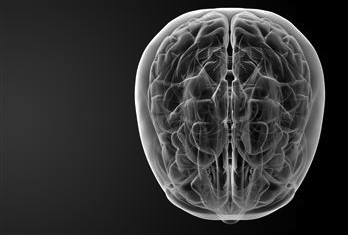As everyone knows, the brain undergoes several biological changes as it ages. But new science is revealing that many of the common ideas of what happens to the brain as it ages are not true. Understanding the latest scientific knowledge about aging brains can help aging people better understand the health risks they face and how those risks can be combatted.
In this post, we'll discuss some of the myths about the aging brain.
- Myth #1: Brain Cells Die Off as the Brain Ages – One of the most common myths about the aging brain is that, after a certain point, brain cells start dying off without being replaced. No matter how old a brain is, it will continue to have the same number of functioning brain cells (barring injury, illness, etc.). The brain will eliminate its least necessary synapses as time goes on, maintaining those that are necessary to its functioning, instead.
- Myth #2: Dementia Is an Unavoidable Part of Aging – Another common myth is that dementia is an unavoidable symptom of getting older. To the contrary, only 1-3% of people aged 65 experience dementia.
- Myth #3: Cognitive Functions Cannot Be Restored – Many believe that once a brain starts suffering from memory loss and reduced cognitive function, the loss is permanent. New studies, however, are discovering the opposite. Walking for 30 minutes three times a week has been found to not only maintain brain function, but also reverse some loss in brain function. Likewise, forgetfulness with age is as much learned behavior as it is a natural process. In the next post, we'll talk a bit more about how brain functions can be maintained and restored with age.
Want more news and tips on health and wellness? Contact Wellsource at (800) 533-9355.








